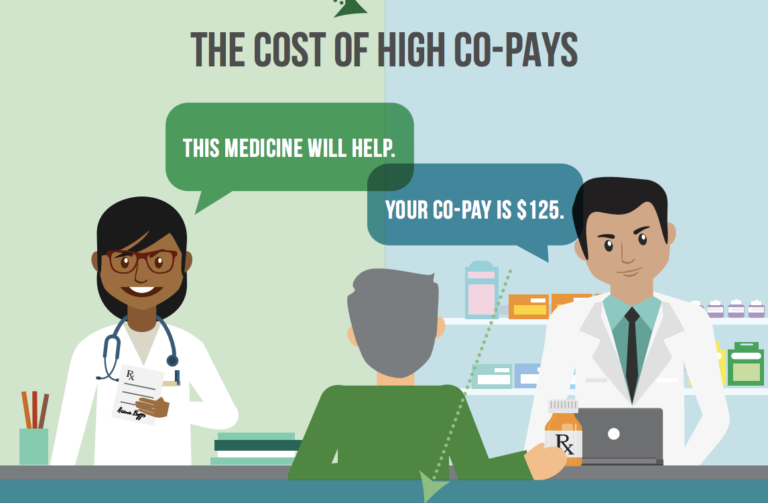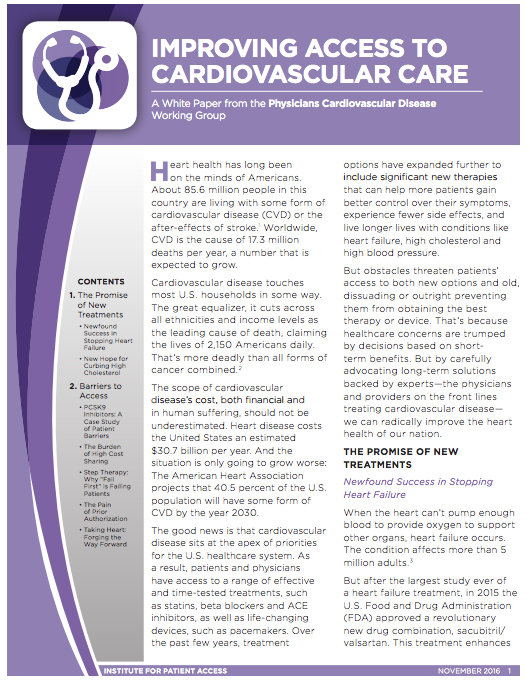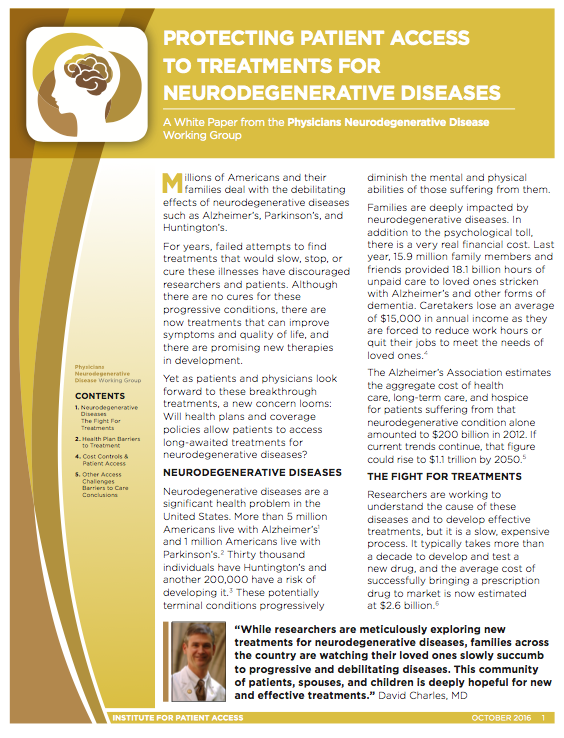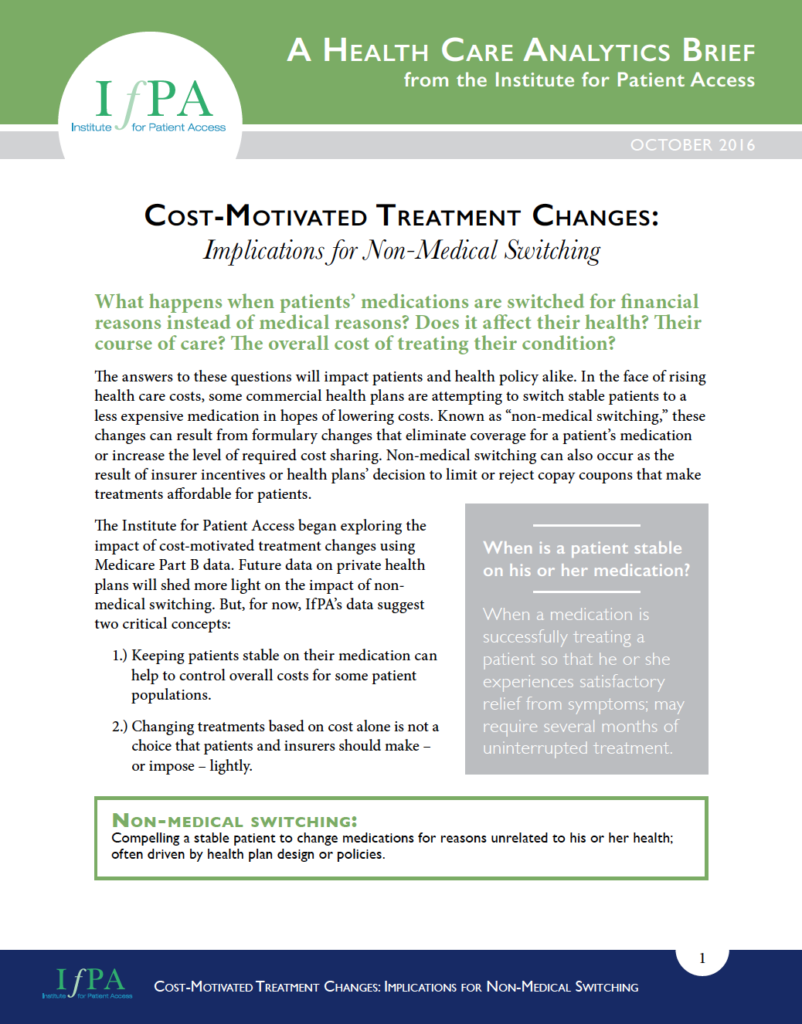COPD Awareness Month Spotlights Screening, Access Woes

Chronic obstructive pulmonary disease, or COPD, often exists undiagnosed and goes undertreated.
Physicians Align on Meaningful Biosimilar Suffixes

The Food and Drug Administration may not have reached consensus on the suffixes that distinguish biological and biosimilar medications, but physicians are of one mind: Meaningful suffixes matter.
IfPA White Paper Identifies Barriers to Cardiovascular Treatments

Cardiovascular disease cuts across ethnicities and demographics as the leading cause of death in the United States, explains a new white paper from the Institute for Patient Access.
RSV Season Takes Toll on Preterm Infants and Senior Citizens
One month into the Respiratory Syncytial Virus season, data shows that the disease is taking its toll. RSV is a contagious seasonal virus that causes respiratory infections and can prove deadly for vulnerable preterm infants and senior citizens.
Prisons Keep Hepatitis C Cures Under Lock and Key
State prisoners have a higher-than-average rate of hepatitis C infection, but their chances of accessing a cure are uncommonly slim. A new study from Health Affairs reveals that less than 1 percent of prisoners with hepatitis C can get direct-acting antiviral treatments for the chronic disease. The study included 106,200 inmates across 41 state prison systems.
Orphan Drug Access Still Eludes Some Cystic Fibrosis Patients
More than a year after a breakthrough drug for cystic fibrosis became available, fewer than half of patients who meet the Food and Drug Administration’s criteria can actually access the medication.
IfPA White Paper Explores Access to Emerging Treatments for Alzheimer’s, Parkinson’s

Millions of Americans and their families struggle every day with the devastating effects of Alzheimer’s, Parkinson’s and Huntington’s diseases.
IfPA Cautions ICER against “Discriminating” Among Psoriasis Treatments
Evaluating cost effectiveness is one thing; using value assessments to rank patients’ treatment options is quite another.
Cost-Motivated Treatment Changes: Implications for Non-Medical Switching

What happens when patients’ medications are switched for financial reasons instead of medical reasons? Does it affect their health? Their course of care? The overall cost of treating their condition? The answers to these questions will impact patients and health policy alike. In the face of rising health care costs, some commercial health plans are […]
WHO Meeting Looks Forward on Distinguishable Names

This month’s World Health Organization Open Sessions with INN Stakeholders explored the value, and the future, of the biological qualifier system. The Global Alliance for Patient Access was pleased to present to WHO officials and an international group of fellow stakeholders.

